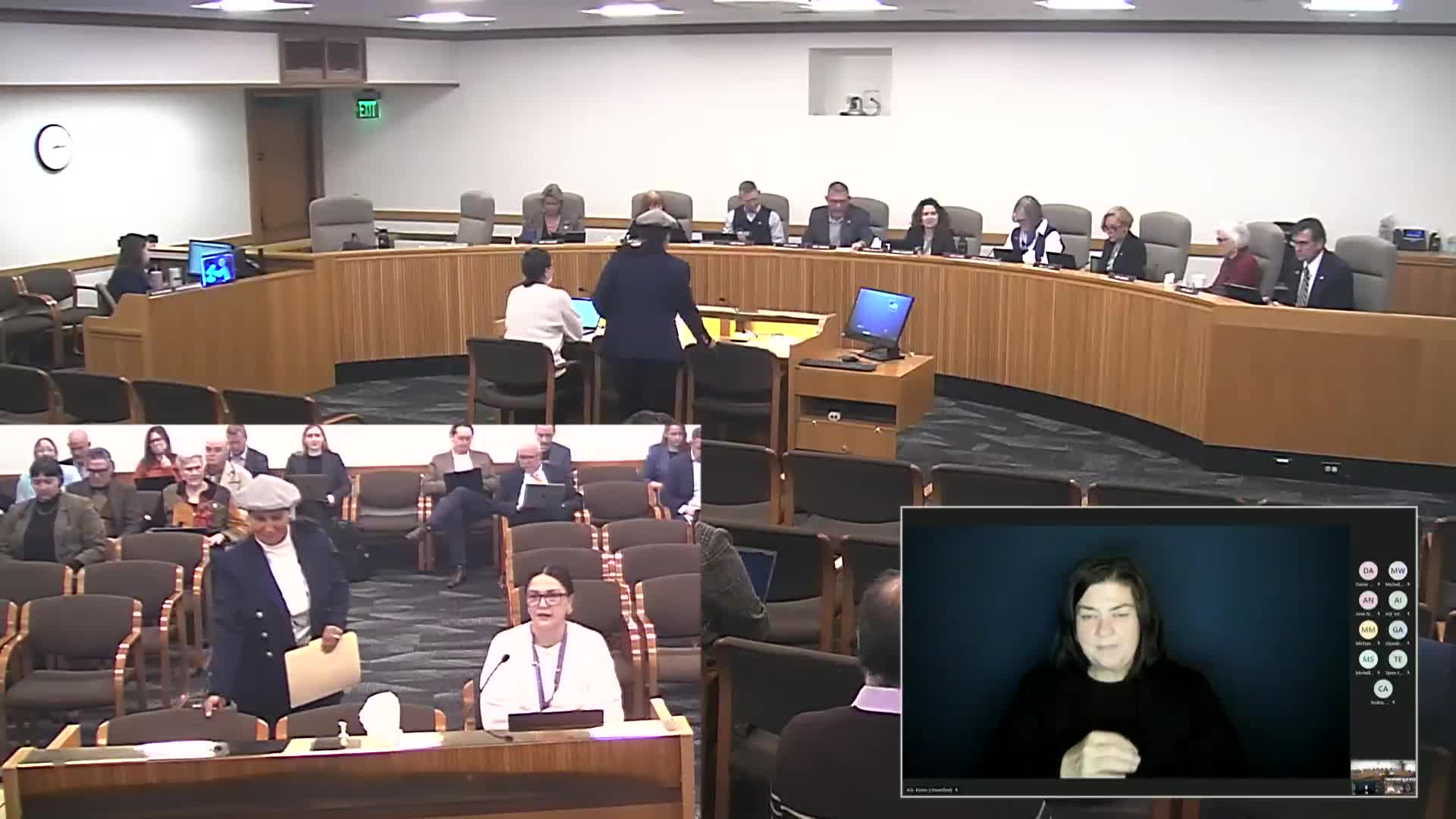Panelists urge continued funding for Water Equity Fund to support community-led water projects
Get AI-powered insights, summaries, and transcripts
Subscribe
Summary
Supporters and program leads told the committee HB 3528 would continue the Water Equity Fund, which provides small grants for community water projects, and asked for $3.2 million for the University of Oregon and $800,000 for Portland State University to expand awards and outreach.
House Bill 3528, presented Feb. 7 to the Committee on Agriculture, Land Use, Natural Resources, and Water, would continue the Water Equity Fund that has provided small grants to community-led projects addressing local water issues. Representative Anissa Hartman introduced the bill and said it continues work started by the Just Futures Initiative, Portland State University's Center for Public Service and the Water Work Group.
Professor Alaira Jess Santos of the University of Oregon described the fund as “straightforward, yet innovative,” and said the program has engaged roughly 300 people and funded nine projects with an initial investment of $500,000. Santos requested $3.2 million for the University of Oregon and $800,000 for Portland State University to enable larger awards and sustain projects beyond pilot stages.
Community organizations and grantees testified in support. Cheyenne Holiday, advocacy manager at Verde, described ongoing statewide outreach and said the fund supports community-driven solutions and leadership. Lydia Mogus, representing the Ethiopian and Eritrean Cultural and Resource Center, said the program funds workshops in native languages and emergency preparedness efforts and urged continued funding. Tara Evans of the Coalition of Communities of Color and other witnesses emphasized that historically underinvested communities have benefited from the program’s flexible, small grants.
Committee members asked about the application and reporting process. Santos said the application is intentionally brief — a one-page narrative and budget plus short reports — and said grantees described it as “the easiest application I ever had to fill out.” She noted grantees valued small recurring reporting and personal support from the university.
The panel provided written reports and photos; Santos said the university would submit a fuller report with program details. Committee leaders closed the public hearing and said the bill represented a continuation of past investments; no committee vote was taken during the hearing.
